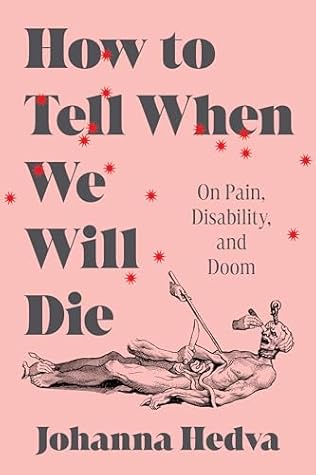More on this book
Community
Kindle Notes & Highlights
Read between
May 17 - May 19, 2025
Becoming disabled, for me, was an education in many things, but sometimes I think it was elementally about relearning how to understand dependency, and how disability makes it impossible to ignore that we are ontologically dependent, knotted into each other and everything.
Ableism protects us from the most brutal truth: that our bodies will disobey us, malfunction, deteriorate, need help, be too expensive, decline until they finally stop moving, and die.
In neoliberalism, “wellness” is a prevarication; it usually stands in for “life,” but life in terms of wealth, race, gender, power, and, primarily, ability. Wellness in this context is paradoxically both an innate moral virtue and an individual’s own responsibility to maintain.
I looked at him calmly and in a clear voice said, “You don’t have to take me, you know. I’m just grieving.” “I know,” he said, “but we have to. It’s the law.” This is not a representation of the patriarchy in practice. This is the practice of it. For a practice to become an institution, it has to be instituted and reinstituted. It’s a doing that has to be done.
I wanted to write a manifesto, but I quickly learned that a manifesto is only ever a document that reaches too far, that speculates too impossibly, and that the only use a manifesto can have is to lay bare why it cannot be manifested, to open itself to all the ways its un-manifestation shapes the world and is its very foundation.


